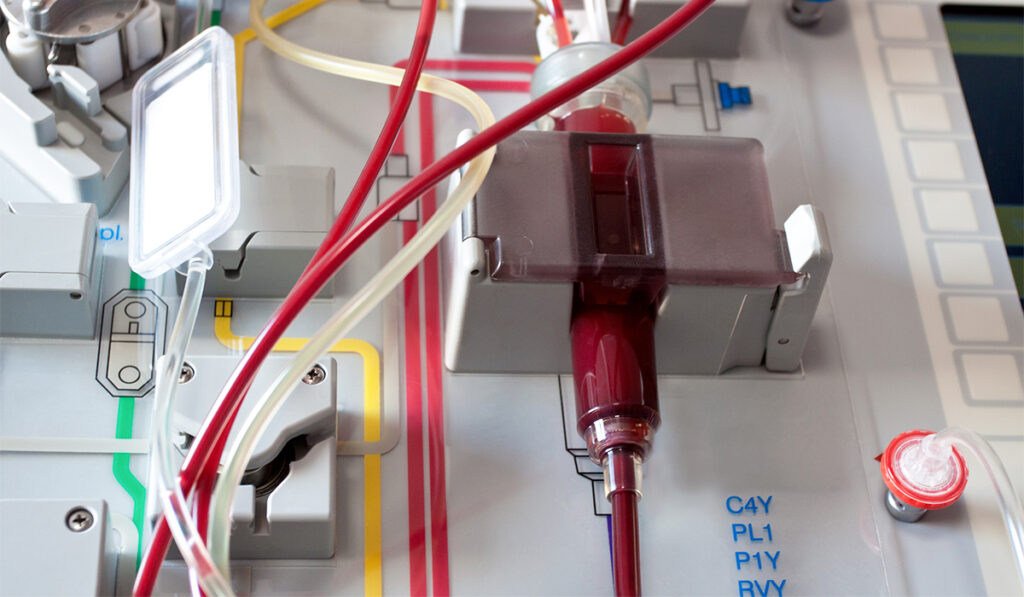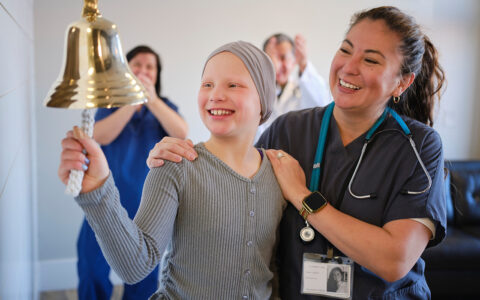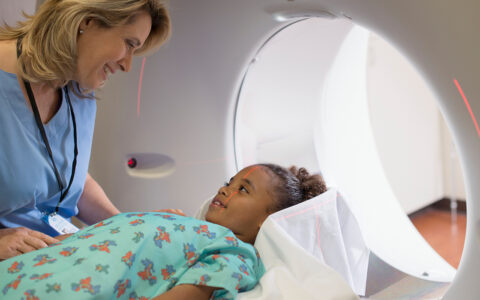Pediatric Cancer


Antibody Aimed at Monocytes in Graft-Versus-Host Disease
Phase 2 trial of the monoclonal antibody Axatilimab shows modest doses attenuate symptoms.
Read MoreLatest in Pediatric Cancer

Preserving Fertility Options After Treatment is Advocates’ Goal
Call-to-action urges preservation of reproduction as part of pediatric cancer care protocols.

Mitochondrial Transport Tracked by Innovative GeneMAP
Researchers design GeneMAP en route to defining biological function of “orphan” protein.

Questionable Value of Fungal Disease Test
Study exposes low utility of sinus CT, the most common test given to febrile neutropenic pediatric patients with cancer.
Pediatric Cancer

Strategy Trims Antibiotic Use in Pediatric Cancer Patients
Risk-prediction models inform antibiotic use in non-neutropenic patients – and now a new cancer population.

Silent Cerebral Infarct Complicates Sickle Cell
Preventing these small brain injuries in childhood can improve cognitive functioning and help adults avoid major strokes.

T-to-A Metric for Fever Fails Scrutiny
Large study results argue against time-prescribed antibiotics for febrile children with cancer.

School-Age Children with Sickle Cell Face Nutritional Challenge
Underweight children show increased risk of early mortality from early in life.

Mutated DNA Regulator Implicated in Cancer Cell Development
Studies on SETD2 identified correlations between mutated chromosomes in cancer cells and chemotherapy resistance.

Intraoperative Ultrasound Proves Merit in Pediatric Setting
A case study of a patient with multiple endocrine neoplasia demonstrates the synergy of new surgical techniques and technology in a minimally invasive operation.